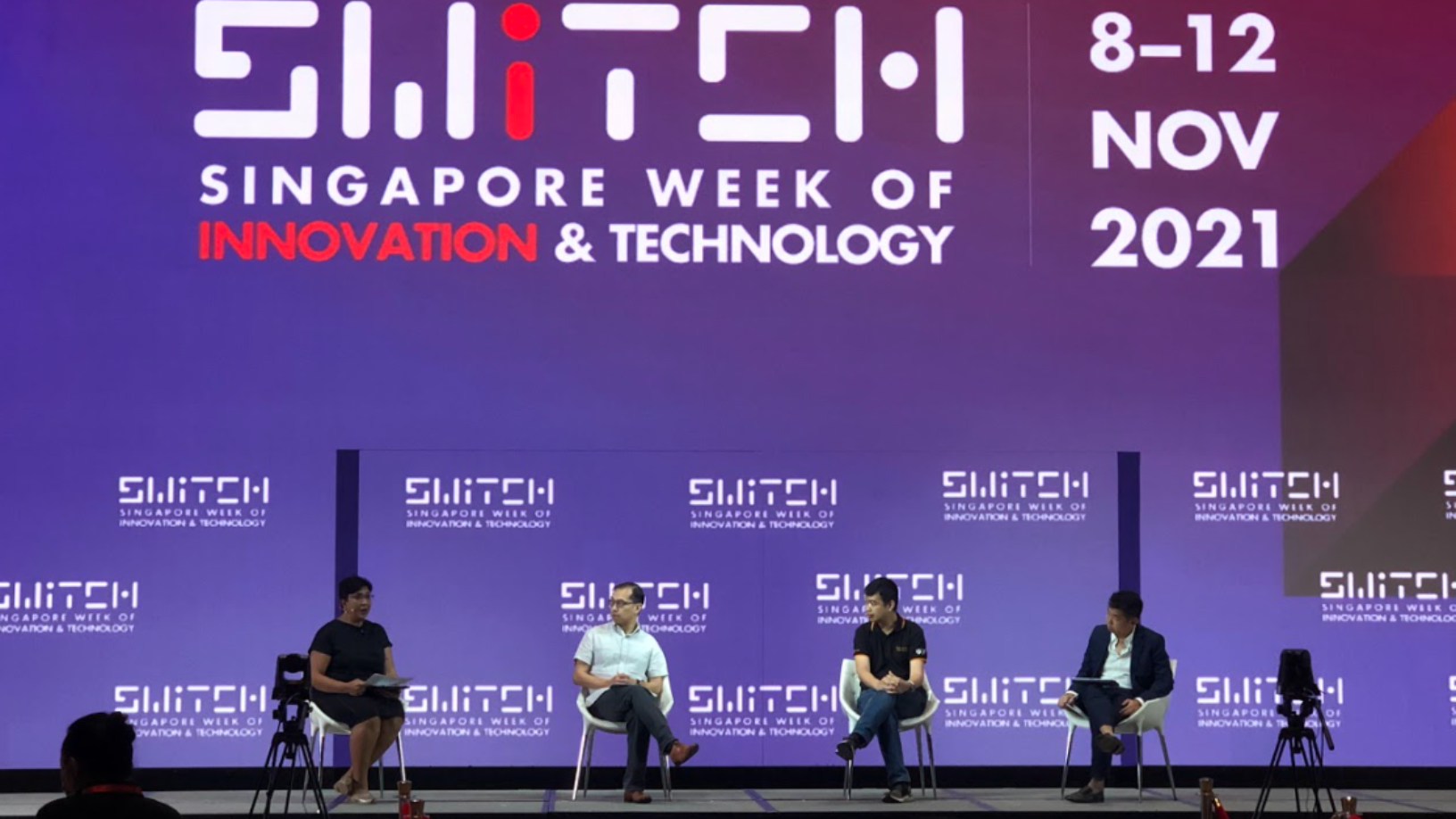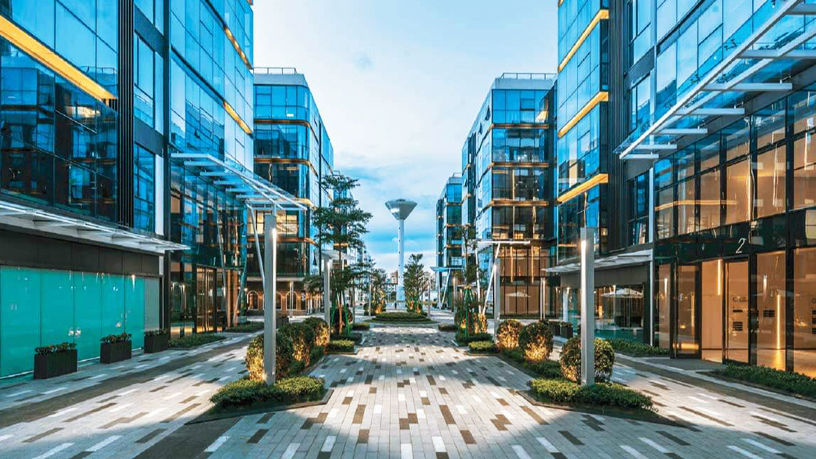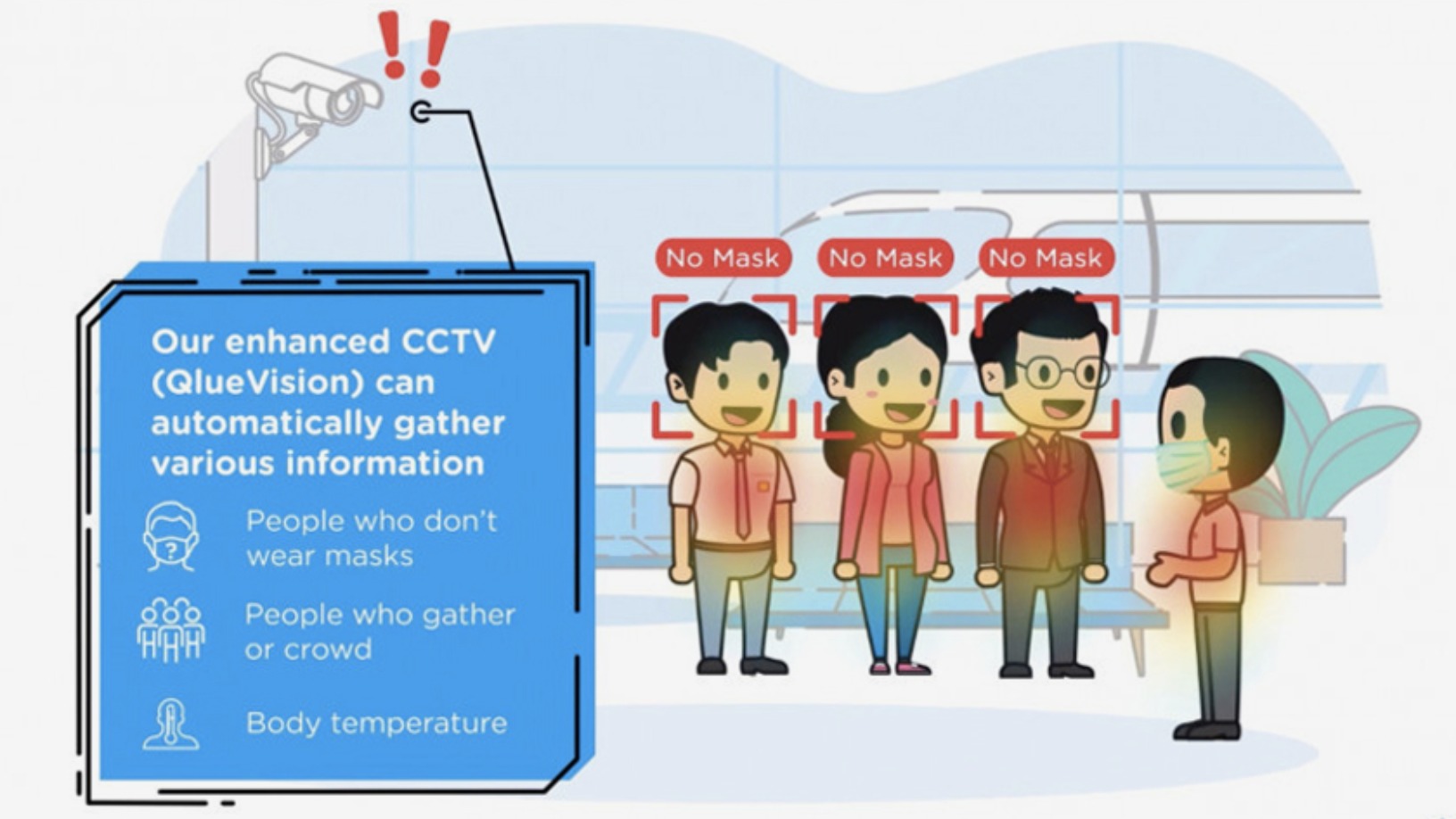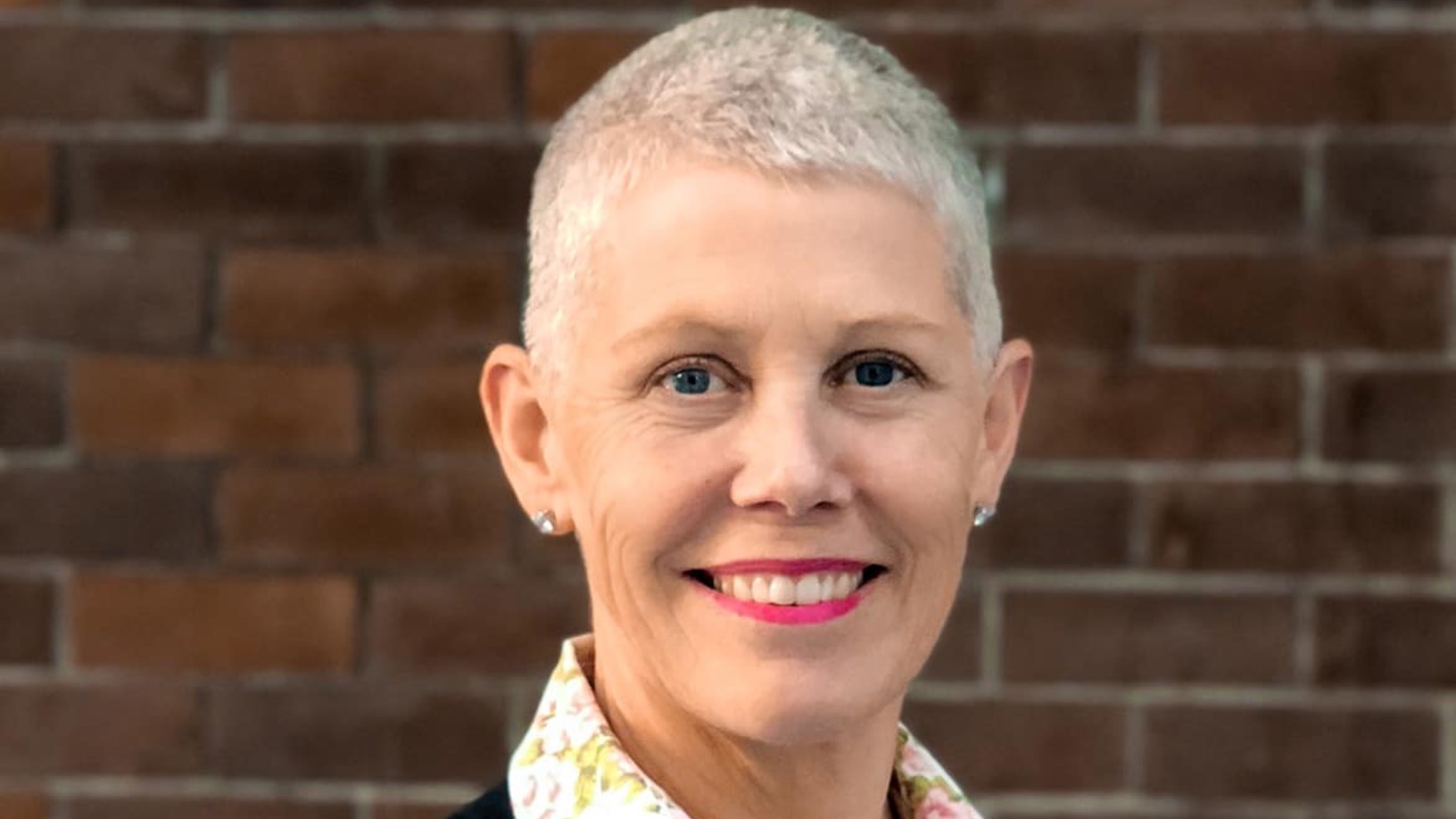Can buildings be as intelligent as a smartphone or a Tesla EV? The answer could soon be yes, according to a panel of experts on smart cities and buildings speaking at 2021’s Singapore Week of Innovation and TeCHnology (SWITCH) conference November 8.
The "sensor-izing” of whole buildings means that in the near future, they can become "more software-defined, harnessing data," said Alvin Ng, VP and General Manager for Digital Solutions at building management tech firm Johnson Controls.
Ng was speaking at a panel titled, “Where districts come alive: Use of data and deep tech to drive change.” The session explored how startups, companies and governments can work together to turn buildings and districts into “adaptive spaces,” which are smart, data-enabled and more responsive to user activity and to the environment. JTC Corporation, the Singapore government agency responsible for developing industrial areas, hosted the discussion, which involved speakers from both private and public sectors.
By equipping the built environment with an IoT “operating system” and the means to collect data, startups can have the opportunity to participate in the open digital ecosystem and also process this data, Ng said. “From that data, we can create applications that derive insights and achieve various outcomes, whether [these] be in sustainability, health or wellness," he added.
Tan Boon Khai, JTC CEO, said his agency is looking to use such smart building technology to reinvent the future of real estate, especially in the industrial sector.
“We want to use data and deep technology to find interactions: not only where buildings interact with their surroundings, but [where they interact] with the people who are living and working in them,” he said. Through understanding these interactions, the built environment can then “come alive” as a smart ecosystem that can make the right decisions for both function and sustainability.
Public-private partnerships for these futuristic buildings and districts are already happening. In Singapore, an example is JTC’s upcoming collaboration with Continental Automotive Singapore, an arm of the German-headquartered Continental Group, which develops autonomous robots to transport materials in industrial settings without guidance lanes or magnetic strips along the floor. The company has joined JTC’s open digital platform and is starting a trial in Jurong, in the western part of Singapore, soon.
“[JTC’s] open digital platform [will allow] our robots to interact with building ecosystems,” said David Woon, Director and Academic Liaison at Continental Automotive Singapore. He declined to share more details, saying more information would be announced in the weeks to come.
Big data ecosystems
For smart buildings and districts, building an open digital ecosystem and gathering actionable data can help balance function and user wellness with environmental sustainability goals. “For example, you want clean, fresh air indoors and that means pushing more fresh air inside. But that [also] means using more energy,” Ng said. AI-based approaches, he explained, can help building managers find an optimum balance that does not sacrifice efficiency.
However, such open data ecosystems are not without their challenges. For a start, these require data sharing between multiple stakeholders. Private firms might be reluctant to share data that they perceive to be giving others a competitive advantage. To resolve this, said Tan, stakeholders need to understand the incentives and tradeoffs of sharing data and clearly communicate the objectives of data sharing.
“We’ve always been telling companies that unlike previously, where trust lies only in governments, public trust is [now] equally shared with private businesses,” he said. “Companies have a social responsibility to make sure their data is updated, correct, and to some extent shared, so they can make better decisions.”
He also addressed the privacy concerns that come with big data and data sharing. In his view, a balance should be struck between gathering useful aggregate data and ensuring citizen privacy: “We always ask ourselves, should this type of data be collected? This has to be part of our way of life because as much as we are public servants, we are also citizens.”
Room for startups
The panelists also offered advice for startups that want to be involved in smart city ecosystems and work with major stakeholders.
Sharing his experience from the private sector, Woon said that startups must be patient when dealing with government agencies and corporations. Although these entities often run with many layers of bureaucracy, engagement is still worthwhile.
“You need to be patient to understand these processes, and remember that you’re chasing that pot of gold. You’re looking for that huge customer base, supply chain network, and [those] strong branding ideas,” he said.
Tan, meanwhile, praised startups for being nimble and focused on their core business, as well as for their willingness to try new things. “One of the best things I’ve learned about startups is that they have no legacy,” he said. “They chuck away bureaucracy and have a single-minded focus on making their product work. That attitude is what we need going into the future.”
Meanwhile, Ng reminded startup founders to focus on three things: technology, process and people. Most startups, he said, are good at developing the technology, but they sometimes neglect thinking through the practicalities of the process, or lose sight of the user’s perspective.
“Never ignore process, because that’s where adoption happens. For your technology to be adopted, it is extremely important that it must solve the [existing] process issue," Ng said.
"Lastly, think about people; not just in terms of talent you’re recruiting or [their] learning, but also the fact that the problems that you want to solve are all human-centric. At the end of the day, even though we [speak] of brick-and-mortar buildings, the end customer is human."











